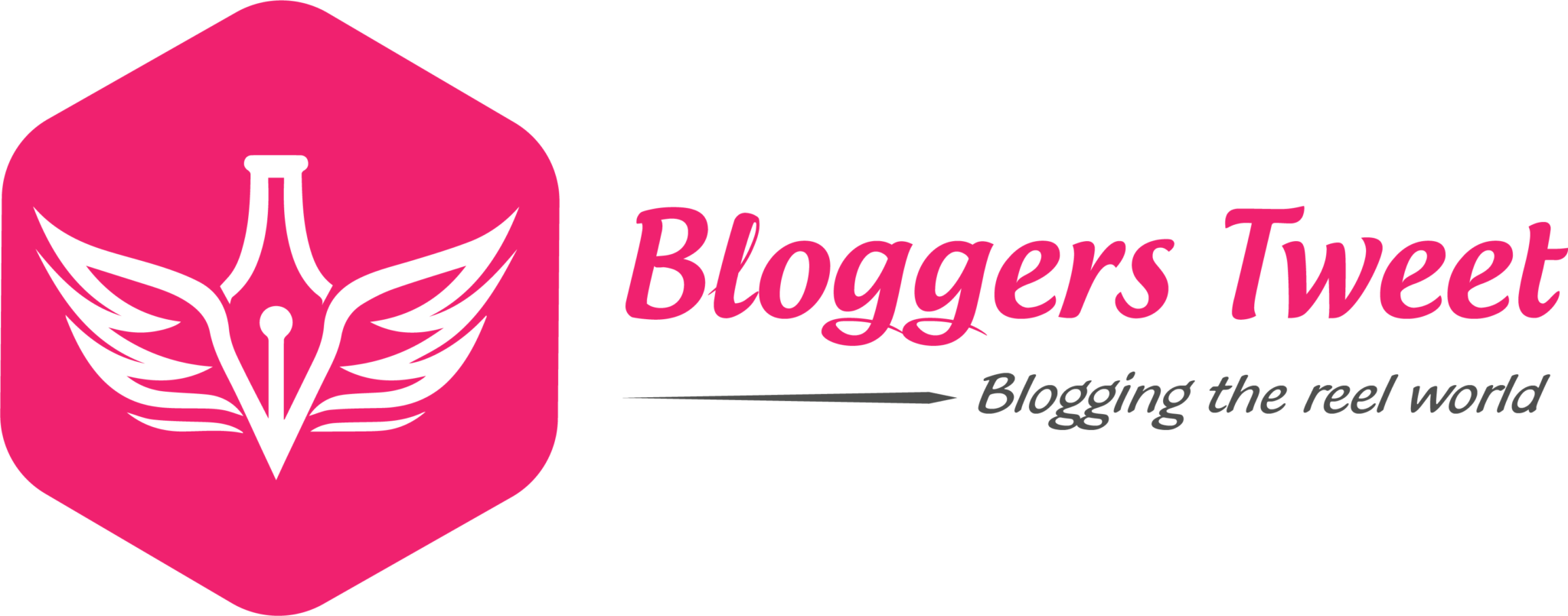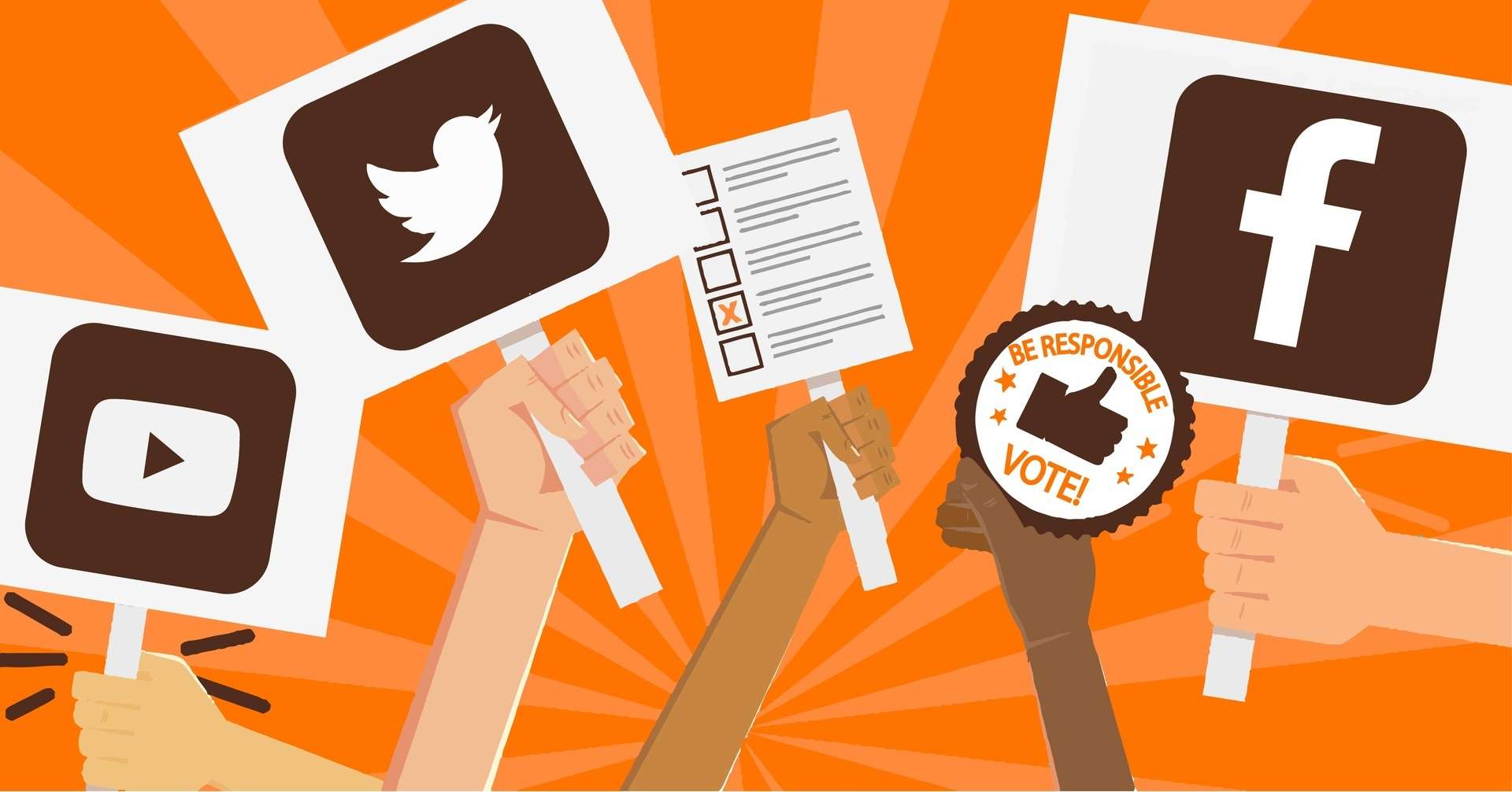Introduction:
In the age of rapid technological advancements, social media has emerged as a powerful tool that reshapes the landscape of political engagement. From election campaigns to policy discussions, the influence of social media on politics is undeniable. In this blog, we explore the multifaceted uses of social media in politics, delving into its impact on communication, mobilization, and public discourse.
Election Campaigns Go Digital Social media platforms have become integral components of political campaigns, transforming how candidates connect with voters.
- Reach and Visibility: Candidates leverage platforms like Facebook, Twitter, and Instagram to reach a broader audience, sharing their messages, policies, and engaging directly with voters.
- Real-Time Updates: Social media provides a real-time avenue for candidates to share updates, respond to events, and address controversies, creating a more dynamic and transparent electoral process.
Voter Engagement and Mobilization Social media facilitates direct interaction between political entities and the public, fostering engagement and encouraging civic participation.
- Youth Mobilization: Platforms like TikTok and Snapchat are effective in reaching younger demographics, mobilizing the youth vote, and driving political awareness.
- Hashtag Activism: Movements and causes gain momentum through the use of hashtags, fostering a sense of community and mobilizing supporters around social and political issues.
Political Discourse and Information Sharing Social media serves as a virtual agora where political discussions unfold, information is disseminated, and diverse perspectives converge.
- Citizen Journalism: Social media empowers citizens to act as journalists, sharing news, opinions, and firsthand accounts of events, contributing to a more decentralized flow of information.
- Political Debates: Platforms like Twitter host real-time political debates, enabling politicians, pundits, and the public to engage in discussions that transcend traditional media boundaries.
Public Opinion and Policy Feedback Politicians use social media to gauge public sentiment, receive feedback on policies, and adjust their strategies accordingly.
- Data Analytics: Social media analytics provide insights into public sentiment, helping politicians tailor their messages and policies to better align with the needs and opinions of their constituents.
- Crowdsourcing: Platforms like Reddit and online forums allow politicians to crowdsource ideas, collect feedback, and involve the public in the policymaking process.
Conclusion:
As social media continues to evolve, its role in politics expands, influencing how political information is disseminated, campaigns are conducted, and citizens engage with the political process. While offering unprecedented opportunities for connection and participation, it also poses challenges such as misinformation and polarization. As we navigate this digital revolution, it becomes crucial to critically assess the impact of social media on politics, ensuring that it serves as a force for democratic dialogue, informed citizenry, and inclusive political participation.


